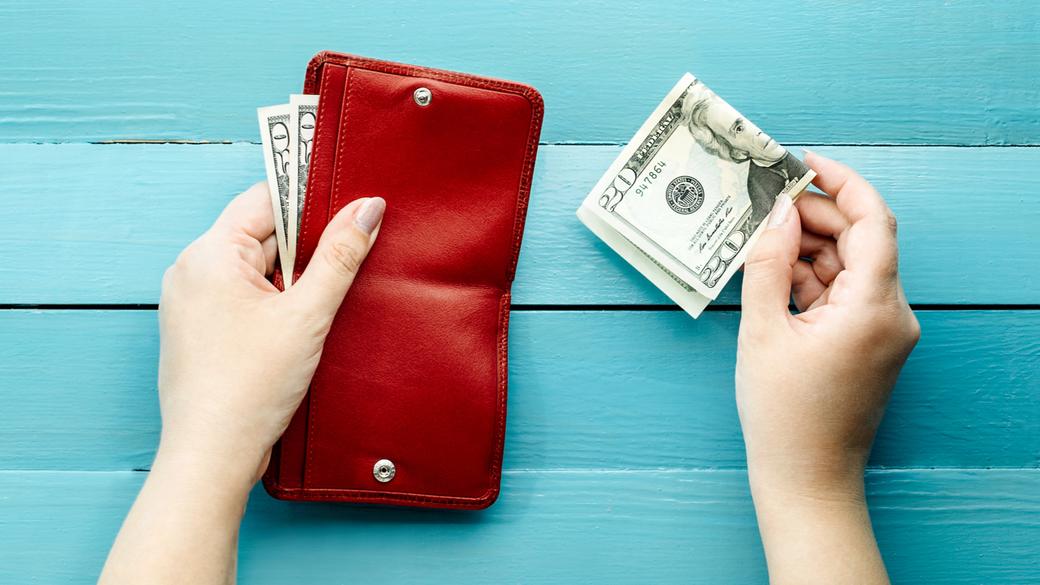This Is How You Should Think About Money to Avoid Overspending.
Regardless of whether you're a demanding budgeter or you play reckless with your accounts, we've all been enticed to spend too much on a hasty buy all over. There's no disgrace in doing it sometimes, however those buys can include without you notwithstanding acknowledging it — and remove cash from more beneficial speculations. In their top of the line book "Your Cash or Your Life," writers Vicki Robin and Joe Dominguez offer a simple method to maintain a strategic distance from paltry spending: simply think about your cash as hours of your life.
Crunch the Numbers
Here's the means by which it works: Say you make $50,000 a year for your full-time, 40-hour seven days work. Compute your month to month salary after charges: $3,500, pretty much. That makes your time-based compensation somewhat less than $22.
Next, include all the business related costs you have. That incorporates the undeniable things like office clothing, driving costs, work snacks, and cleaning, yet additionally the more subtle costs that originate from being tied up at work throughout the day: childcare, housecleaning, as well as the self-mind exercises that assistance you de-worry after work.
From that point onward, include every one of the hours you spend on work when you're not at work. Drive time? Record it. Noting messages twilight? That as well. Indeed, even the time you have to loosen up when you return home tallies — all things considered, on the off chance that you weren't working, you wouldn't have to loosen up.
At long last, do the math. Subtract your month to month business related costs from your month to month wages, and include your non work hours to your real work hours. At that point separate your "genuine" wages by your "genuine" work hours. Suppose you, theoretical $50K-a-year specialist, burn through $1,500 a month on business related costs and 40 hours of business related time outside of work. That makes your "genuine" time-based compensation $10.
Ouch, isn't that so? Indeed, it's not all terrible. Realizing that number could be the way to getting your spending under control.
Work/Life Bank Balance
On the off chance that your "genuine" time-based compensation is $10, that implies that each $10 you spend is a hour of "life vitality" — that is, it's one more hour you need to work toward the finish of your vocation to accomplish monetary freedom. A $40 nourishment conveyance when you have basic supplies in the cooler? Four hours. A $100 new-garments pull while everything in your storeroom still fits? 10 hours off your brilliant years. A $15 Uber ride when the transport is 10 minutes away? a hour and a half you'll never get back.
This isn't to imply that each spend lavishly isn't justified, despite any potential benefits: on the off chance that you influence a watchful thought and truly to choose it improves your life, good luck with that. However, a considerable measure of spends too much don't fall in that class, and they remove cash from more advantageous interests that will have a genuine effect in your personal satisfaction. Research appears, for instance, that you're more joyful burning through cash on encounters than on things. How much speedier might you be able to set something aside for a Caribbean get-away without your morning latte eating up $5 — that is, a half hour of your life — consistently?

Great tips! Uber is such a money waster sometimes, and not buying a daily coffee could save as much as $150 a month. Over a year, that could pay for an exotic vacation. Excellent advice...
Thanks a lot.
Gud talk, noted